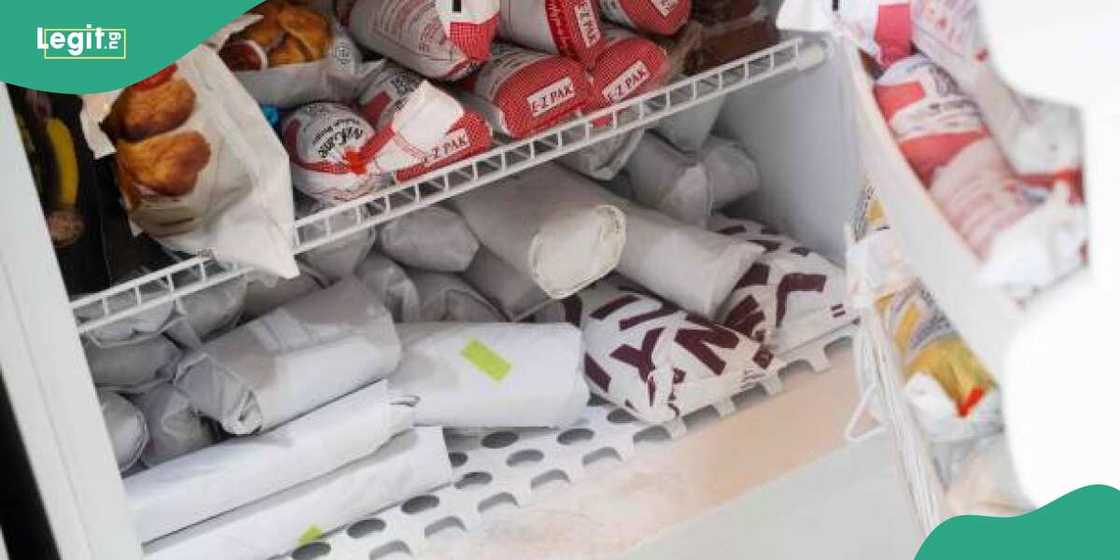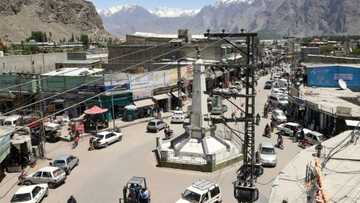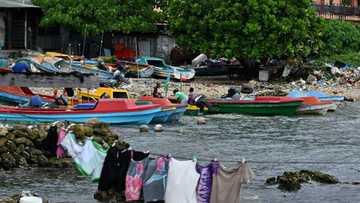WHO Issues Warning on Food Safety During Power Outages
- The World Health Organization (WHO) has issued a warning about the dangers of consuming food exposed to temperatures above 5 °C (41 °F) for more than two hours, particularly during power outages
- The advisory, released in commemoration of the 2024 World Food Safety Day, emphasises discarding perishable items after four hours without power
- This guidance aims to prevent foodborne illnesses and ensure food safety in unexpected situations
PAY ATTENTION: Legit.ng Entertainment Awards 2024 Voting Is Alive. Choose the best entertainer in 15 categories for FREE.
The World Health Organization (WHO) has issued a critical warning about the safety of food exposed to temperatures above 5 °C (41 °F) for over two hours, emphasising the risk of consuming such food items.
This caution was shared on Friday in a series of messages posted on X.com, coinciding with the 2024 World Food Safety Day themed, ‘Food safety: prepare for the unexpected’.

Source: Getty Images
World Food Safety Day, observed annually on June 7, was established by the United Nations General Assembly in 2018.
The day aims to raise awareness and encourage efforts to prevent, detect, and address public health risks associated with unsafe food.
The WHO highlighted the dangers posed by power outages, noting that refrigerated or frozen food can become unsafe to eat if exposed to temperatures above 5 °C for more than two hours.
"If there has been a power outage in your area, refrigerated or frozen food may not be safe to eat. Products can become unsafe if they have been exposed to temperatures above five °C for more than two hours," the WHO stated.
The organisation provided specific guidelines for managing food safety during extended power cuts. After four hours without power, it is recommended to discard all perishable foods in the refrigerator, such as meat, poultry, fish, and leftovers.
Similarly, all items in the freezer should be thrown out once they have thawed, or they should be cooked immediately if exposed to ambient temperatures for more than two hours.
The WHO strongly advised against tasting food to determine its safety, asserting, "If in doubt, throw it away."
For those living in areas prone to power outages, the WHO recommended keeping a stock of pre-packaged, ready-to-eat, and canned foods, along with bottled water.
“In case you live in areas prone to power outages, always keep a stock of pre-packaged, ready to eat and canned food, as well as bottled water for an emergency situation.
Undamaged canned goods and commercial glass jars of food are likely to be safe. However, if possible, containers should be sanitized before opening them for use. Discard canned foods with broken seams, serious dents, or leaks; and jars with broken seals,” the WHO advised.
Why doctors do not find Nigerian healthcare system attractive
Legit.ng reported that the UK has placed Nigeria and 53 other nations on a red list as health or social care employers are unwilling to hire them.
One month prior, the World Health Organization (WHO) listed Nigeria as one of the 55 nations with the most urgent workforce issues connected to universal health coverage. Nigeria has the third-highest percentage of foreign doctors working in the UK, behind Pakistan and India.
In its revised code of practice, the UK stated that without a government-to-government agreement to support managed recruitment activities, health and social care organisations in England do not actively recruit from countries identified by WHO as having the most pressing health and care workforce-related challenges.
PAY ATTENTION: Unlock the best of Legit.ng on Pinterest! Subscribe now and get your daily inspiration!
Source: Legit.ng




